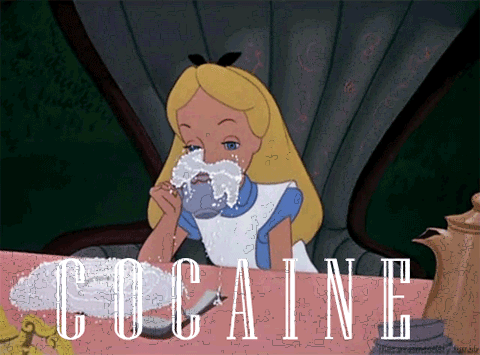This is scary.
It’s a vaccine that shuts off your brain’s ability to respond to cocaine.
We’re in the opening phase of an attempt at a mass biological transformation of the human species.
Scientists in Brazil, the world’s second-biggest consumer of cocaine, have announced the development of an innovative new treatment for addiction to the drug and its powerful derivative crack: a vaccine.
Dubbed “Calixcoca,” the test vaccine, which has shown promising results in trials on animals, triggers an immune response that blocks cocaine and crack from reaching the brain, which researchers hope will help users break the cycle of addiction.
Put simply, addicts would no longer get high from the drug.
If the treatment gets regulatory approval, it would be the first time cocaine addiction is treated using a vaccine, said psychiatrist Frederico Garcia, coordinator of the team that developed the treatment at the Federal University of Minas Gerais.
The project won top prize last week — 500,000 euros ($530,000) — at the Euro Health Innovation awards for Latin American medicine, sponsored by pharmaceutical firm Eurofarma.
The vaccine works by triggering patients’ immune systems to produce antibodies that bind to cocaine molecules in the bloodstream, making them too large to pass into the brain’s mesolimbic system, or “reward center,” where the drug normally stimulates high levels of pleasure-inducing dopamine.
Similar studies have been carried out in the United States — the world’s top cocaine consumer, according to the United Nations Office on Drugs and Crime. But they stalled when clinical trials did not demonstrate sufficient results, among other reasons, Garcia says.
Calixcoca has so far proven effective in testing on animals, producing significant levels of antibodies against cocaine and few side effects.
It also protected rat fetuses against cocaine, researchers found, suggesting it could be used in humans to protect the unborn babies of pregnant addicts.
The vaccine is now set to enter the final stage of trials: testing on humans.
As Anglin says, “addiction is a behavior, not a disease.”
People make choices. Every time you choose to do drugs, you’re making a choice. You could choose not to do drugs.
If you’re making bad decisions, you need religion, not science. This idea of treating a behavior as a disease is fundamentally dehumanizing, as it denies the basic divine nature of man as having free will choice.
A vaccine for “cocaine addiction” is an attempt at using science to engineer the decision-making process.
 Daily Stormer The Most Censored Publication in History
Daily Stormer The Most Censored Publication in History




